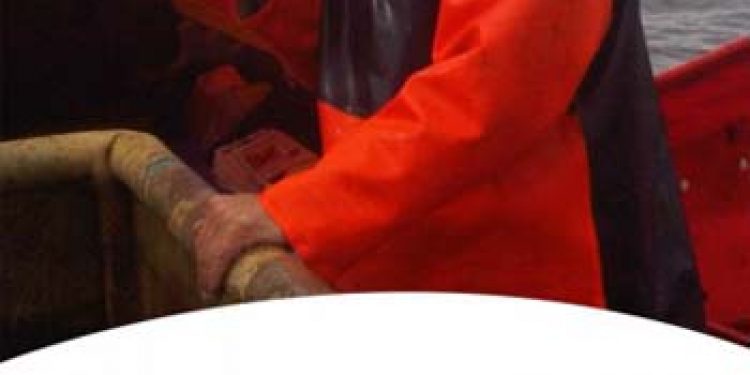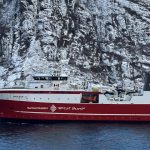The Demersal Working Group of the North Sea Regional Advisory Council (NSRAC) travelled recently to Trondheim to meet with a delegation from the Norwegian Fishermen’s Association (Norges Fiskarlag).
The purpose of the meeting was to lay foundations for future cooperation on the development of common long term management plans for fisheries jointly managed by the EU and Norway.
Second generation management plans will go beyond a simple set of harvest control rules and quota setting protocols, to include both economic and environmental features of the North Sea demersal fisheries. The strengthened regional dimension to decision-making within the reformed CFP, and the understandings reached at the Svalbard Seminar about the centrality of stakeholder involvement, both point towards the need for much greater dialogue between fisheries stakeholders in the EU and their counterparts in Norway. The NSRAC, therefore, took the initiative to meet the principal representatives for Norwegian fishers on their home territory to get things started.
The meeting identified a large area of overlap where NSRAC and Norwegian concerns and interests coincided. How to manage mixed fisheries within the context of commitments to fish at or above maximum sustainable yield was top of both lists of priorities.
The Norwegian experience of implementing a discard ban (beginning in 1987 with cod) was discussed against the background of the EU’s proposal for the phased introduction of a landing obligation beginning on 1st January 2014. It was concluded that some aspects of the Norwegian experience were very relevant to EU fisheries but others were not. It was noted that the Norwegian discards ban was a step in a process which started with awareness of selectivity and a package of incentives. The ban was only implemented after a process of some years. Opposed to this the EU process will have the discards ban as a starting point. It was agreed that the Norwegian context was very much simpler than the EU, not least the fewer number of species involved.
Both the NSRAC and the Norwegian fishers had had parallel experiences of a radical shift in the industry’s relations with fisheries science and fisheries scientists over the past 10 to 15 years. A variety of factors were relevant but the same picture of closer cooperation emerged. The NSRAC was particularly interested in the Norwegian reference fleet, through which sampling onboard commercial vessels is used to complement and strengthen the more conventional ICES stock assessments.
Both parties recognised that whilst transparency and cooperation were a common goal, the annual reciprocal fisheries agreement between EU and Norway was based on a complex set of negotiations that would sometimes place constraints on the flow of information. Nevertheless, the RAC and Norges Fiskarlag were both of the view that much could be achieved by finding new ways to cooperate. It made no sense to work on long term management plans separately only to present the finished article for endorsement. That was a recipe for misunderstandings, conflict and confusion.
The RAC and Norwegian Fishermen’s Association will now consider the form through which cooperation will take place in the future. But the foundations have been laid for what hopefully will be a productive and constructive relationship in the future.
FiskerForum.com









